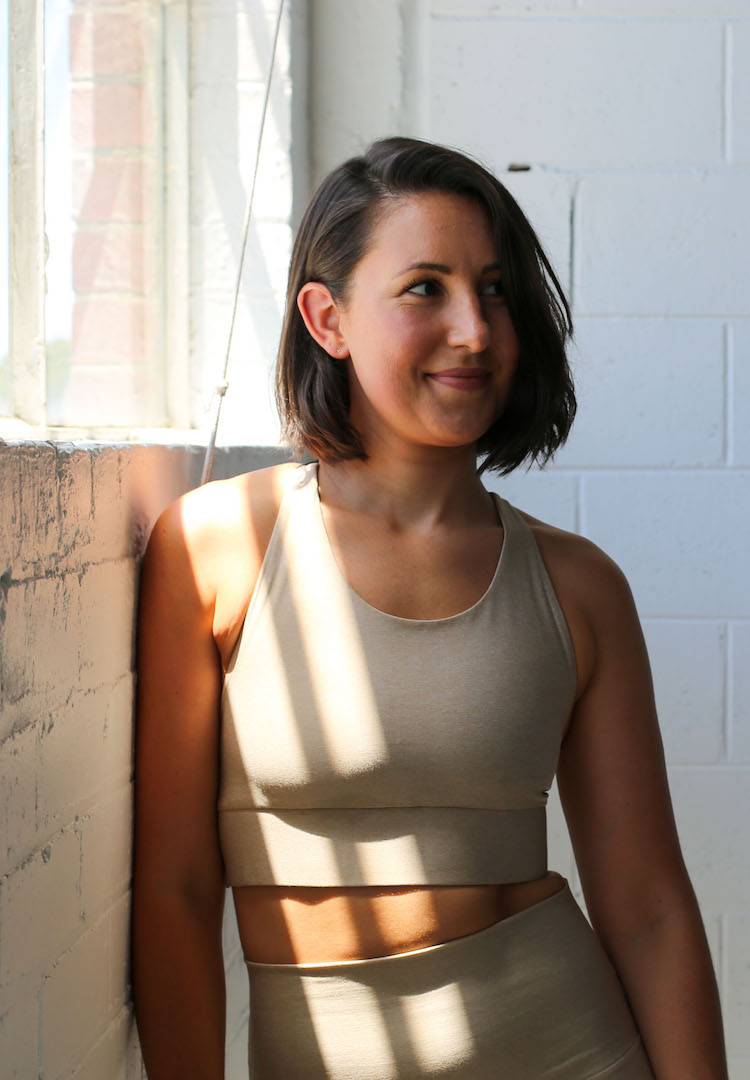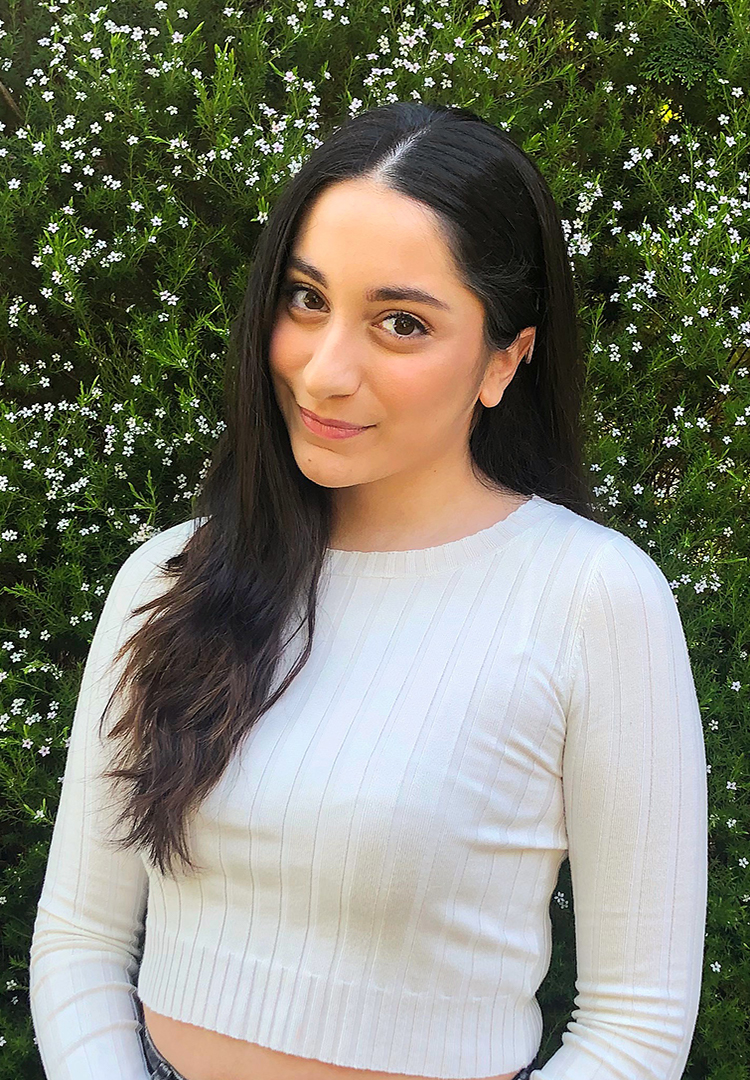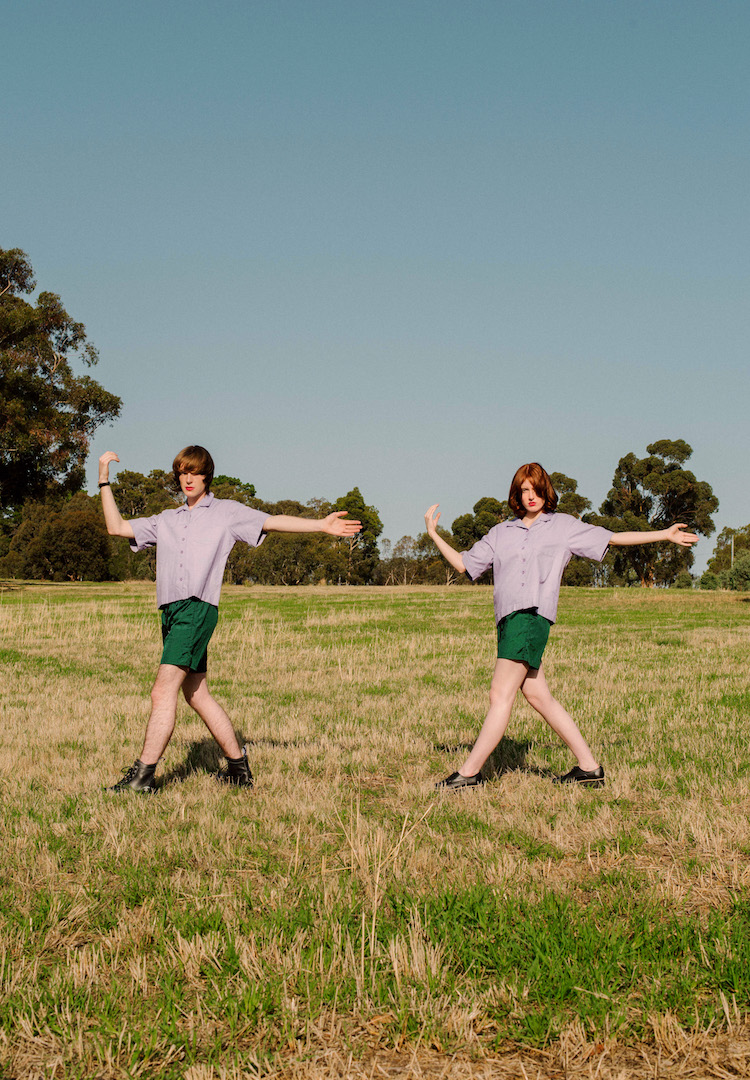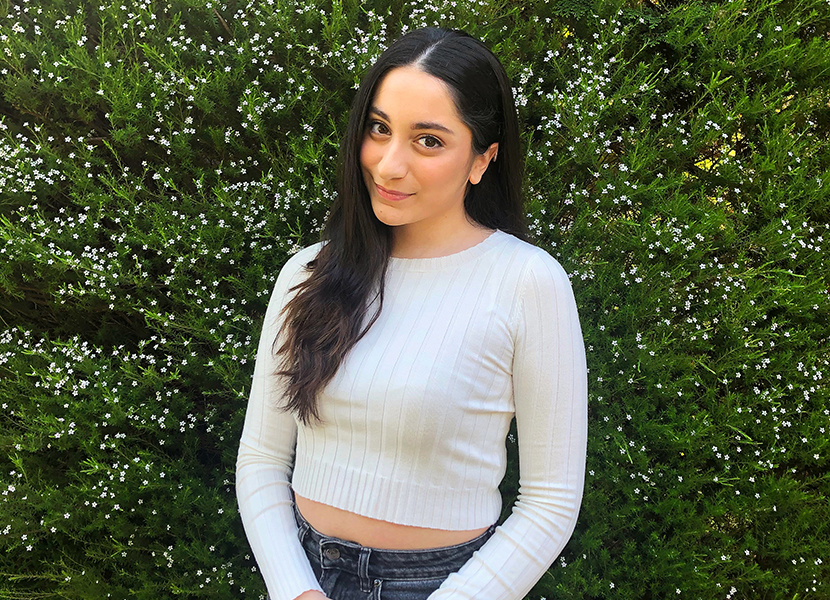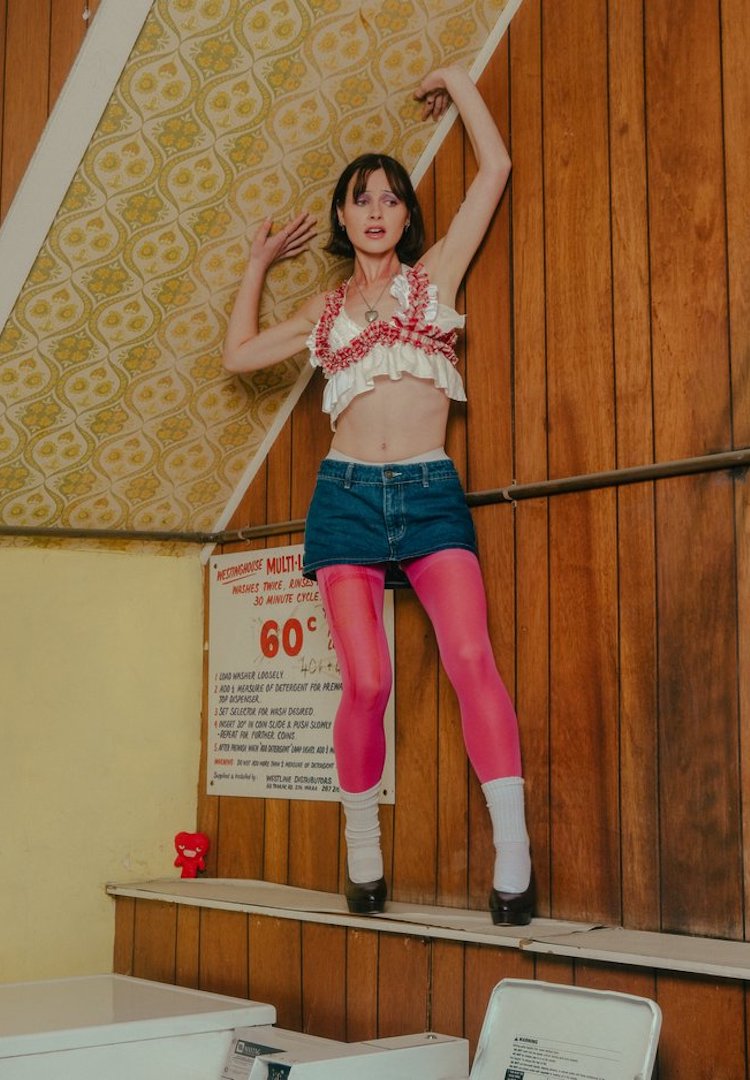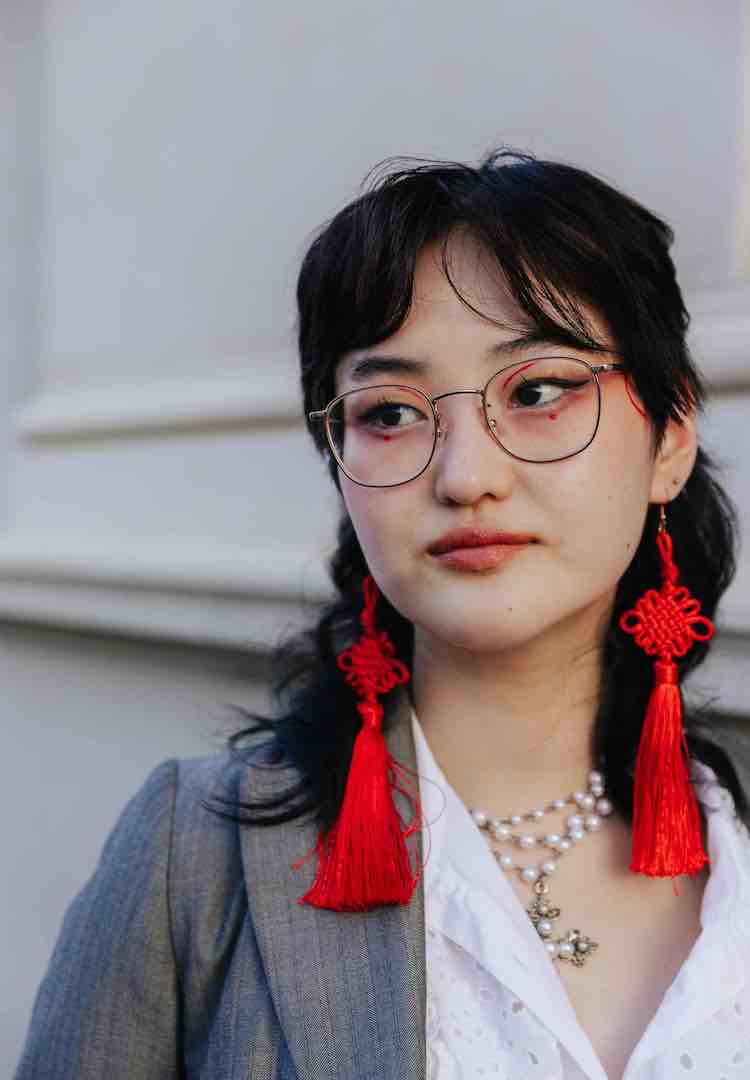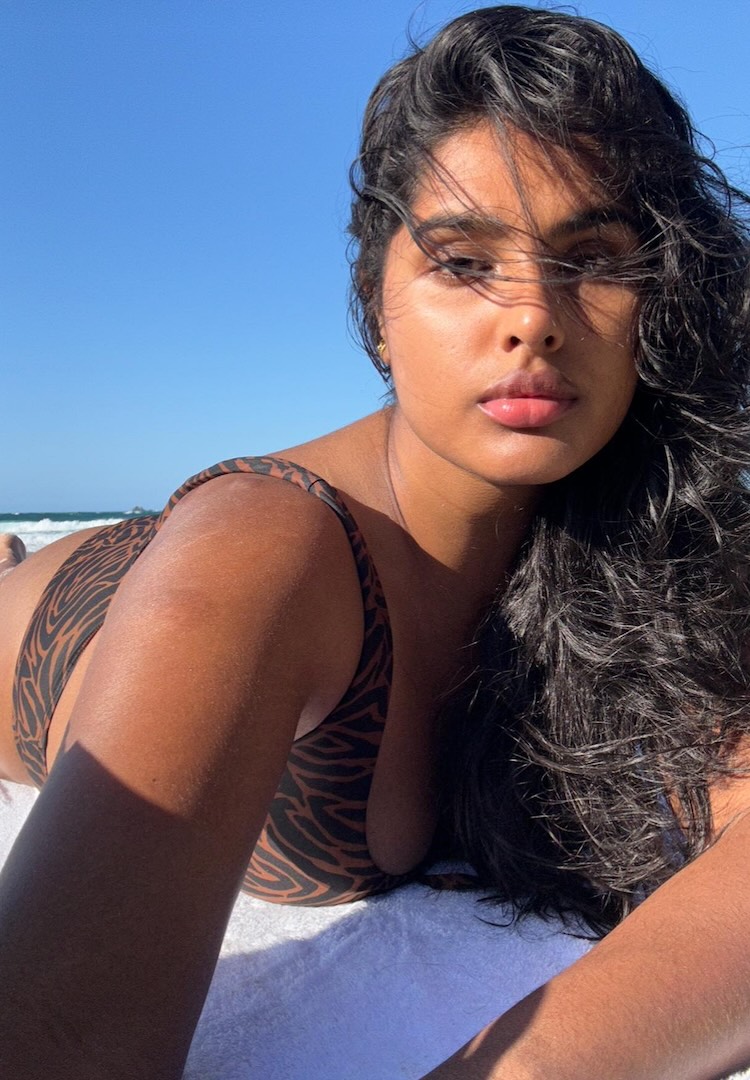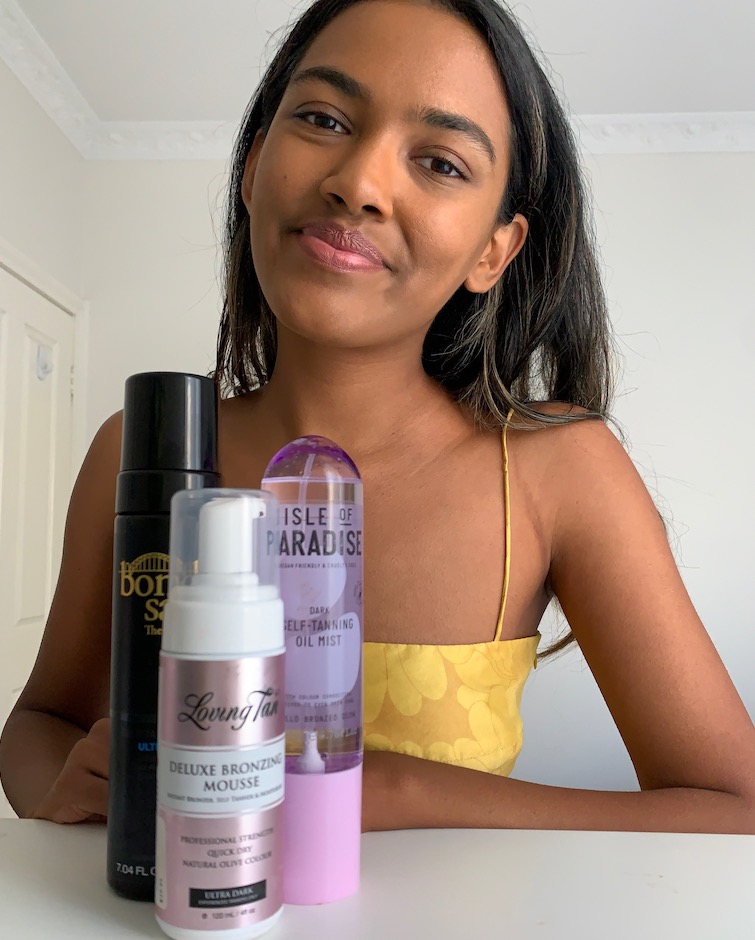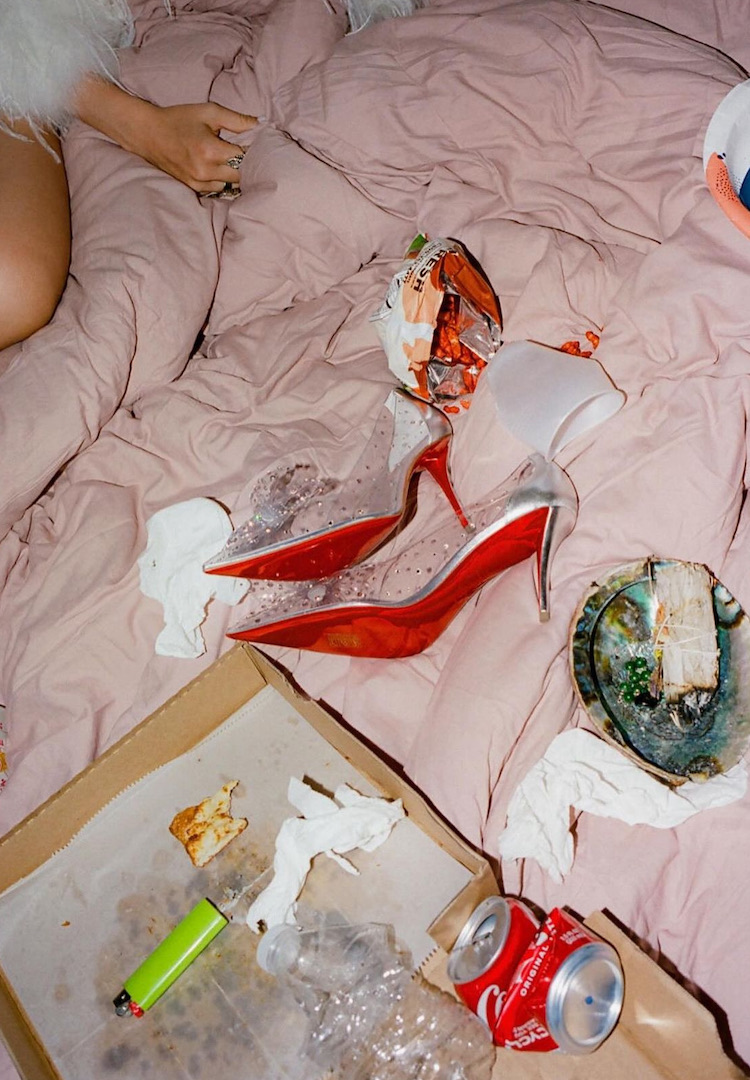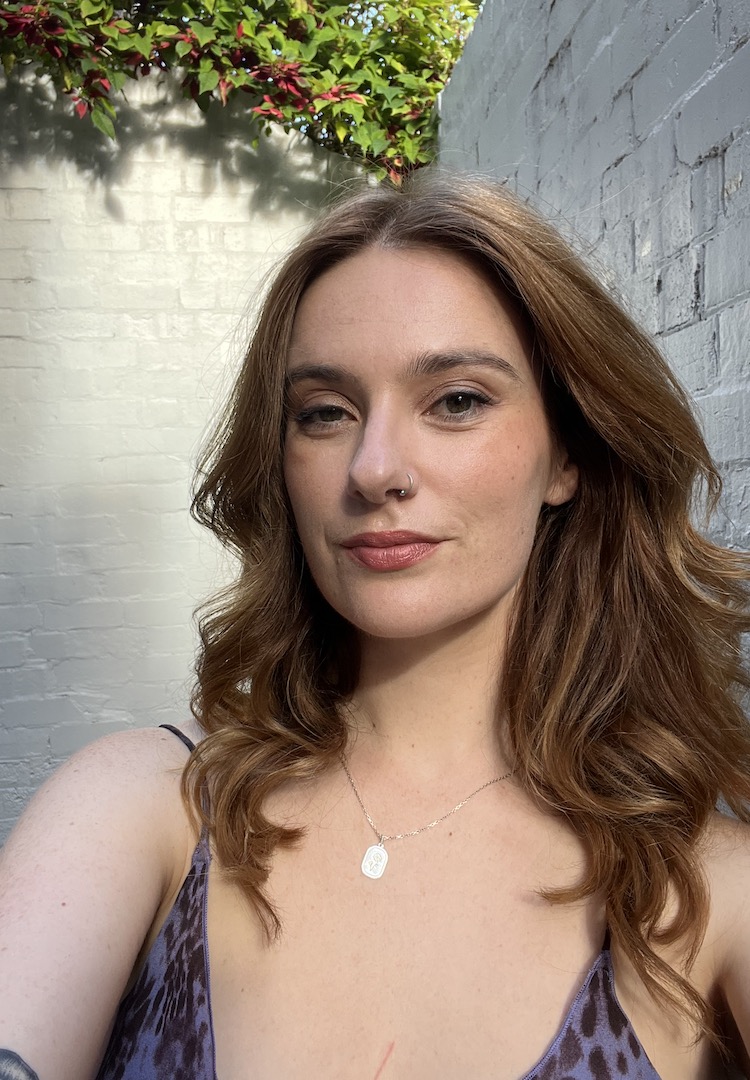My experience of growing up “racially ambiguous” in Australia
WORDS BY EMMA ANVARI
Where do I belong?
If you’re a first-generation ‘anything’ you’ve probably fielded the “Where are you from?” question all your life. Unlike a lot of people, this question has never actually bothered me, but I understand why it bothers others. I’m the over-sharing type and love to teach people about my identity.
But what is my identity? This is a question I’ve only recently realised I haven’t fully come to terms with. I have never felt un-Australian. Growing up I felt that inner dichotomy of feeling both Iranian and Australian, but at the end of the day, I was still Australian.
Let me explain. Visually, I am racially ambiguous. I have very fair skin, big brown almond eyes, probably one of the straighter yet still ethnic noses around and thick mocha-brown hair. My entire life people have presumed I was either Greek, Italian or even Armenian (amongst other things) and I’ve always looked back at them and responded: “No, I’m Persian”.
I always understood being Persian wasn’t something to be ashamed of, but I didn’t understand what it meant. I pretty much looked like everyone else and didn’t think twice about the differences.
Despite this pride, I’ve lived my life in an inescapable state of limbo where my experiences can’t be characterised as typically Australian or typically Iranian. For example, my family celebrates New Years on the first of January and then again in March for Nowruz (Persian New Year) each year without fail. I didn’t grow up watching AFL or eating pavlova and I was never allowed to go on sleepovers.
On the other side of the coin, I’ve never actually been to Iran so I can’t say I fully comprehend that part of my identity either. I have an accent when I speak Farsi and I’m sure when I finally visit my relatives will describe me as ‘Australian’. It’s confusing.
Now, it’s not like I’m completely disconnected from that half; my entire family speaks Farsi, we Persian dance and eat copious amounts of the best Persian food. I even went to Saturday Persian school for three years and learnt to read and write. And thus, my subcategory limbo state was born: Iranian-Australian.
I attended a super multicultural and diverse primary school but I distinctly remember comparing myself to two particularly gorgeous girls in my grade. They were petite, blonde, blue-eyed popular White girls and I would often stare at them wondering why I didn’t look like them. Why was my nose so much rounder than theirs and how come their eyes don’t protrude like mine? I felt ugly.
All throughout my primary and secondary education I had Asian friends. This wasn’t a conscious choice but reflecting back, I think it was because we identified with each other.
We didn’t look the same but we were all musicians, all academically driven and all had strict, result-driven parents. In high school, I explicitly identified as ‘Asian’ and called everyone else “the White girls” and if anyone told me I was wrong I’d reply with all my sass: “Well, Iran is in the continent of Asia. I’m Asian”.
High school was a tough time for me. My differences became clearer and I often felt alone. Despite calling myself Asian, I wasn’t Asian and I couldn’t identify with my friends’ experiences.
For my first three years at that early learning centre to Year 12 girls’ school, I was the only Middle Eastern girl. I was one in about 750. Later, another Iranian girl joined the school but we didn’t speak until I was halfway through year 12.
I never really had any Iranian friends growing up. I quit Persian school after grade three in 2009 to focus on my music (I’m a saxophonist) and it being a pre-social media era, we didn’t stay in touch. My parents never associated with other Iranians either so there was no one my age around me.
Now, as a 21-year old, I have found some Persian friends and it makes me sad to think of the years I spent disconnected from my peers. I have never felt as seen or understood. These friends grew up exactly like me; I feel like I finally belong somewhere.
Do I understand my differences better now that I’m older? Yes and no. I’ve come to peace with the fact I will live the rest of my life feeling the pull of this internal dichotomy of being both Australian and Iranian. I know I will always be learning.
Just recently I had to Google whether Iranians actually count as a ‘person of colour’ because growing up it is ingrained into your mind as a Persian that “we are White” or “Aryan”. But I’m not White. I might be White-passing, but my experiences are not accurately represented by ‘White’.
White women don’t have to deal with the fetishisation of their culture and having men come up to them calling them “exotic” with a huge grin on their face thinking they’ve just given the greatest compliment ever (hint: it’s disgusting – don’t say it). I am not White. I know that now.
Although I’m still learning and figuring things out, I know it’s a part of me I want to pass on to my children. I already know I want to give them Persian names and teach them Farsi so our culture is never lost. This is a real fear of mine. The thought of the loss makes me anxious.
I want my children to know my own mother lived through a revolution at age 18, was married by 20, had kids by 21 and then lived through the Iran-Iraq war before immigrating to a country where she knew no one and barely spoke the language. I won’t let them forget she did all of that to provide me and my siblings, and ultimately them, with a better life.
I won’t let them forget that my uncles have been to war, or that my father left his country for a better education and a better life.
Perhaps I’m destined to never fully understand it, but I want others who also feel like they cannot identify with the various parts of themselves to know they are not alone. The best any of us can do is to keep learning and to keep sharing our stories. It has taken my whole life to learn that I don’t have to be quiet and swallow up my feelings of difference or of being ‘on the outside’. The door is wide open and we’ve been invited in.

